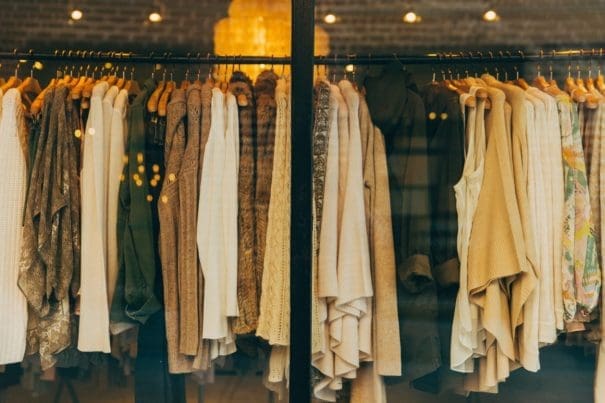Clothing was the norm in the past due to the restricted availability and accessibility of ready-to-wear companies. Ready-made clothing was supposed to be a passing phenomenon that only the wealthy and affluent could purchase due to its high cost and limited use, wearing bespoke clothing was the standard of society. Because of its high cost and restricted use, readymade apparel was thought to be a transitory fad that only the wealthy and affluent could afford.
However, as time passed and machinery and factories were invented, the tides began to turn. Because of the effectiveness of machines and economies of scale, readymade apparel has become much more affordable and accessible. As a result, prepared apparel became a popular choice among the general public, who naturally chose things that were less expensive and more readily available. As a result, at this period, the demand for garments grew focused on the ready-made market.
This seismic shift in customer preferences and demand patterns did not happen overnight or without cause. The readymade clothes suppliers made significant adjustments to their business model even before this transition became apparent. Consumer preference switched from customized to premade garments as a result of the successful implementation of these modifications. The company plans were altered to make them more tailored to the needs and expectations of customers.

